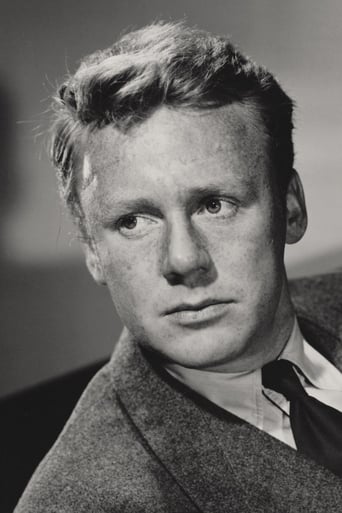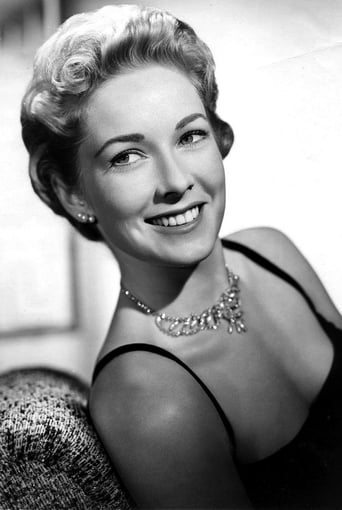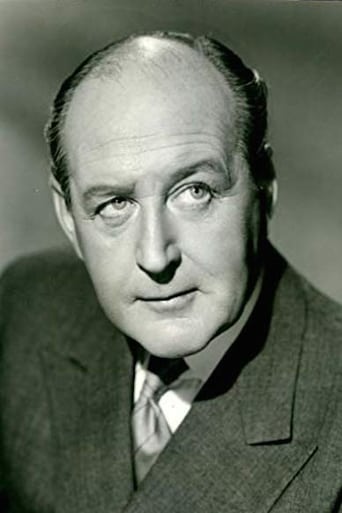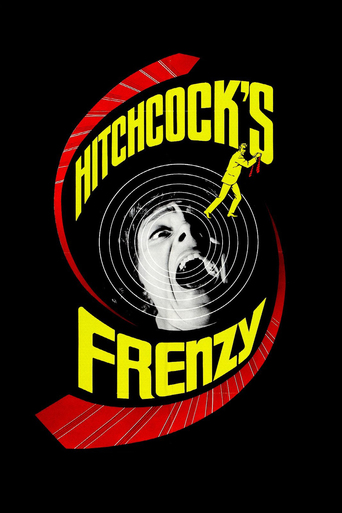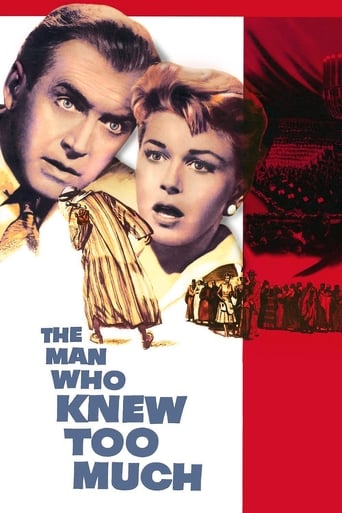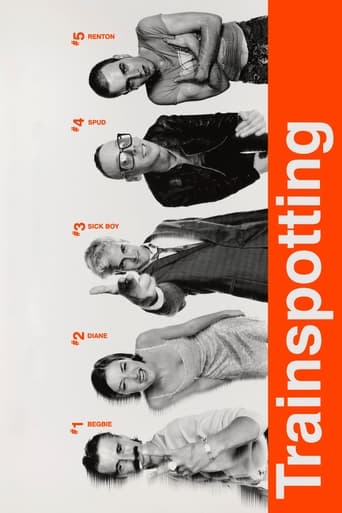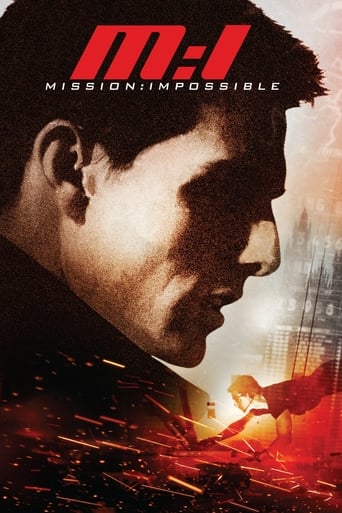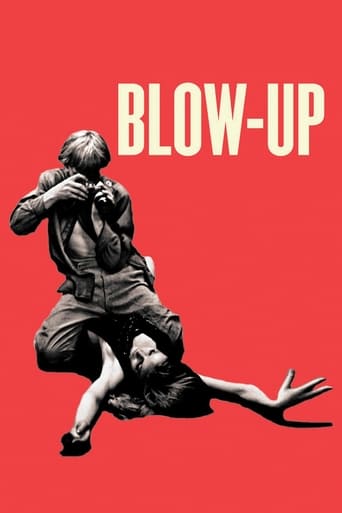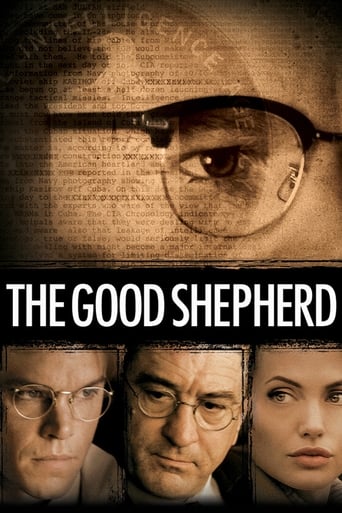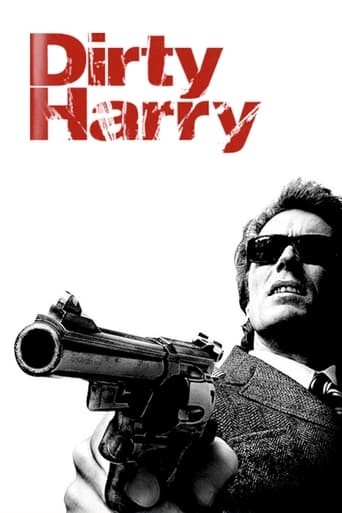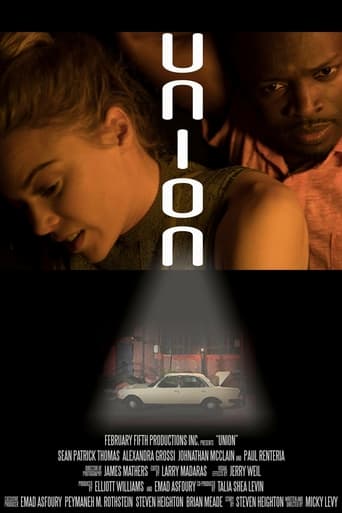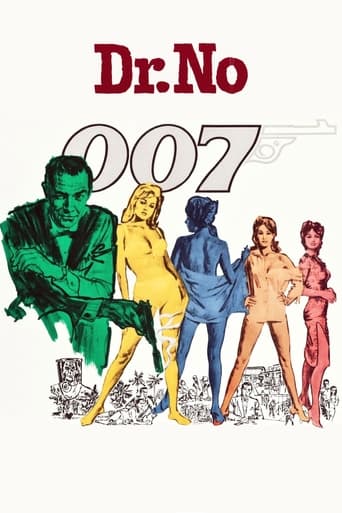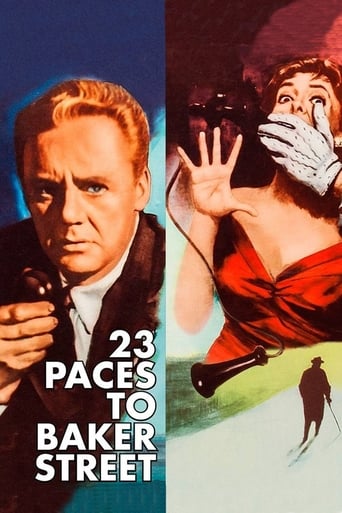
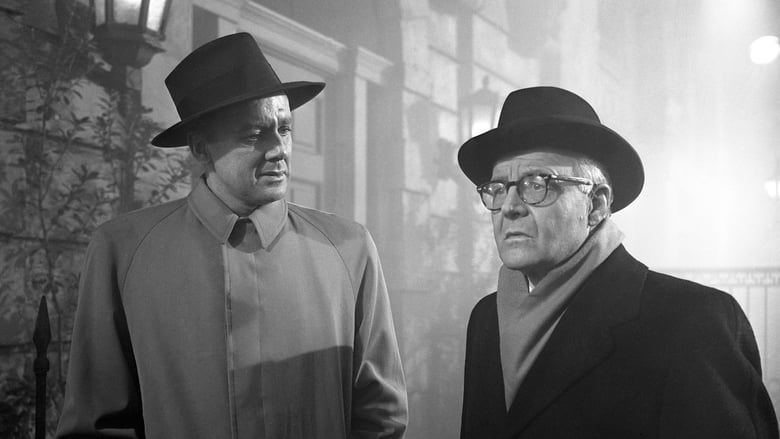
23 Paces to Baker Street (1956)
Philip Hannon, a blind playwright living in London, overhears part of a conversation , that leads him into a desperate race, to find a kidnapped child. When he gets no help from the police, he along with his butler, and his ex fiancée, attempt to track down the crooks.
Watch Trailer
Cast


Similar titles
Reviews
23 Paces to Baker Street is directed by Henry Hathaway, has a screenplay by Nigel Balchin and is based on the novel by Philip MacDonald. The film stars Van Johnson, Vera Miles, Cecil Parker and Estelle Winwood.Phillip Hannon(Van Johnson)is a playwright who is extremely bitter having recently become permanently blind. Hannon lives in London, in a Thames side apartment with his loyal manservant Bob(Cecil Parker). Hannon's bad temper isn't helped when his former fiancé Jean(Vera Miles)stops by to see him, he doesn't want her to feel sorry for him and cannot understand that he can still have romance and be happy despite his loss of sight.One night in a pub, Hannon overhears a conversation that troubles him, he believes the two people were talking about kidnapping a child. Reporting what he heard to the police he is annoyed when they say they don't have enough evidence to do anything. Hannon, Bob and Jean do some investigating of their own. On the streets of a foggy London the trio try and find the couple from the pub and try and prevent a kidnapping.This film has a good spooky atmosphere, aided greatly by the London setting. Johnson does quite a good job as the bitter Hannon who can't let his suspicions go. Vera Miles is good as the loyal Jean, she is still in love with Hannon and is happy to be a part of Hannon's life, even if she can only be his friend and assistant. Cecil Parker steals every scene he's in as the loyal Bob.It is a good film even if the plot is somewhat far fetched. I always wonder what this story would have been like had Hitchcock directed it. The plot is one that would have made a perfect film for him and it would no doubt have become much more suspenseful than it is.
Van Johnson's highly developed senses of sound and odor go a long way in 23 Paces To Baker Street. Although there's no reference at all to Baker Street's most famous resident in literature, Johnson turns out to be quite the detective himself although he had two premises initially wrong. The blind Johnson is an American author living in London and keeping company with fellow expatriate Vera Miles. His only living companion is his valet Cecil Parker. While enjoying a drink at a nearby pub, he overhears what sounds like a criminal plot of kidnapping. Of course when he takes his suspicions to Scotland Yard they are understandably dubious.Without sight and not being able to write apparently even braille, Johnson records the conversation on his tape recorder and goes over and over it. What I liked about 23 Paces To Baker Street and Johnson's performance in it is that it shows Johnson making use of his other senses which in turn give him a kind of mission in life as opposed to being bitter about his fate. On the other hand he certainly has obvious vulnerabilities which the bad guys take advantage of. There is a harrowing scene in a bombed out building from the Blitz in which Johnson is nearly killed.Young Natalie Norwood as an unwilling participant in the plot is also a standout here. And Patricia Laffan who was both Poppaea in Quo Vadis and the Devil Girl From Mars is equally villainous here.Nice job all around with director Henry Hathaway getting great performances from Johnson, Miles, and the British cast supporting them.
In the immediately post-Rear Window world that was 1956, Henry Hathaway's 23 Paces to Baker Street arrives with the promise of murder and other varying versions of foulness being afoot that are either overheard or overseen by that of our gallant hero; his suspicions, amidst a sea of oppositional voices headed by that of those close to him, driving the thrills and spills of a film following our lead taking the basics of a case that he has to go on into a full blown uncovering of nastiness. In Hitchcock's wondrous chiller, the lead was denied his mobility in the form of a broken leg, although could observe anything he wanted and everything he felt he needed via that pair of handy binoculars he owned; the film rich in context in that way, used periodically around as a basis of educational starting points in regards to the notion of characters "looking" within the frame. In Hathaway's film, such an idea is subverted in the providing of us with a lead able to get around, although hindered by blindness; with it additionally going the Hitchcockian thrill of a character being able to see what he sees and being unable to act on it - replaced by someone thinking they've heard something and then getting caught up in a proverbial web once the physical getting out and undertaking of a misadventure kicks off. In short, it isn't as tense and it isn't as claustrophobic in that restricted way you felt Rear Window was, but we can work with it.That lead is Van Johnson's Phillip Hannon, an American playwright living in London basking in the success of some decent past plays already under his belt and in the process of finishing yet another. Only, he isn't; the man is cynical and often embittered, living alone bar with his faithful butler Bob (Parker) in an apartment which handily overlooks most of London's more easier iconography. Milling around is an ex-secretary whom doubles up as a former flame, that of Jean (Miles) whose implication that he knows him all too well occurs when she advises Bob on helping him in certain department. In being blind, Phil must dictate into a microphone his work by explaining the purer details on both the setting and character traits, before providing the folk with dialogues occurring therein; something that takes its toll on a current work which he's in constant means of writing and rewriting. When out one evening at a sparsely populated public house, the film's catalyst occurs; some silhouetted characters, one rather laughable in their shady complexion, mumbling to one another just the other side of a thin glass pane. We're not sure what it is about, but it sounds sordid enough to send our Phil into all sorts of discomfort when he paints images of kidnappings and chaos, the likes of which, according to the voices, are merely days away thus providing the film with a sense of urgency in that regard as the clock supposedly ticks down.Primarily, the film's chief source of ambiguity as to whether these people talking in this public house, of whom nobody else heard nor really saw, were engaging in the sorts of things Phil accuses them of, lies with whether or not we entrust Phil to be entirely 'with it'. As a man whom specialises in characters; high-drama and extravagantly fictitious scenarios, we question whether he is to be entirely trusted during a process of injecting these faceless shadows with personas and traits, one instance of text-reading ability seeing him deduce that the female shadow must have been a rich woman due to a scent prominent purely with expensive perfume.Indeed, Hathaway goes to certain lengths to create a portrait of the man as somebody a little fragile as he limps on with his work and thus, is perhaps not entirely believable. The instances are juxtaposed by that of the manner in which Phil describes with rue, but spectacularly accurately all-the-same, a scene on the river Thames as he shares a boat ride with some of his friends; his capturing of the boats and the buildings and the way the weather lies contributing to something which, despite being unable to see, alludes to an ability to configure fitting, accurate descriptions of what it is he senses in his presence. One of the reoccurring morsels of genius in Hitchcock's Rear Window was the ambiguity surrounding whether or not everything might have been in the lead's imagination, a sense of doubtfulness I didn't necessarily feel as aware of in 23 Paces to Baker Street as a film providing us with a lead; giving us this would-be sordid founding and then playing out its narrative in a fashion that didn't suggest it would lead anywhere else bar a denouement complete with a twist and a standard, building-blocks imbued finale.For the best part, the film has fun with its premise and provides us with some decent set pieces; Bob the butler going after a certain somebody through the hustle and bustle of a busy London shopping day one of them. Another instance, in which the decaying buildings born out of wartime shellings that are yet to be dealt with act as the setting, sees a quite frightening sequence in which someone needs only walk a few feet in the gloom of the evening to fall to their deaths. The film is peppered with the sounds of steamers and their fog-horns anonymously blaring through the often nightly set haze and rearing from the locale of the nearby river; the tooting of the tug boats usually accompanying them in what is a morbid internal soundtrack overlying proceedings and accentuating the sleaze and depravity rife within this London's underbelly. Hathaway has by no means directed a dud, and those supporting the lead do well in standing around acting estranged at Phil's accusations, but one could do an awful lot better if one is yet to be exposed to Hitchcock.
Philip Hannon is a blind playwright residing in London, during one of his R&R moments at the local public house, he overhears part of a conversation that suggests the vile kidnapping of a child. Getting the police force to take him seriously proves hard to achieve, so with the help of his trusty butler and his ex fiancée, Jean Lennox, he hopes to avert a dastardly crime. Well well well, sometimes you can tune into a film not expecting much more than a B movie rush, yet just occasionally you get submarined and get a mysterious treat that deserves far better support than it actually gets. I have been delighted to log on to this films page and see that others have been entertained by this picture as much as myself. This is not ground breaking or even remotely original, in fact it does play out as some sort of cheap knock off idea that Hitchcock turned down in his sleep, but you know what? Sometimes a film can be great just for having an honest will to entertain the viewers with suspense and mystery being its main fortitudes. Henry Hathaway directs and it's just another film to prove that as up and down as his career was, he was never afraid to tackle different genres, here, with the London location totally interesting, he manages to knit it all together with impressive results. Van Johnson has his critics, and it would be foolish of me to not concur that at times he has been wooden, but here as the blind Phillip Hannon, he shows that if given good enough roles he was more than able to rise to the challenge. Not one to revisit often for sure, but seriously recommended to those who like the genre and are stuck for a good film to watch. 7/10


